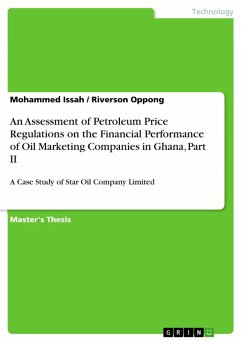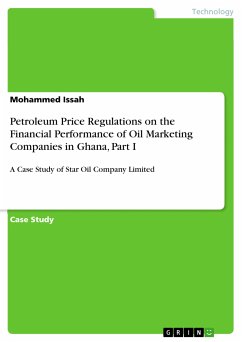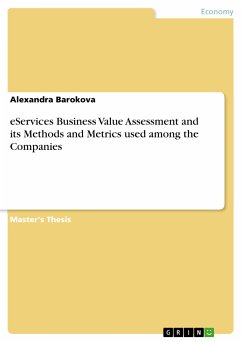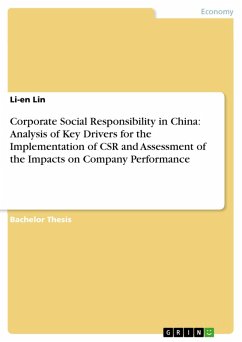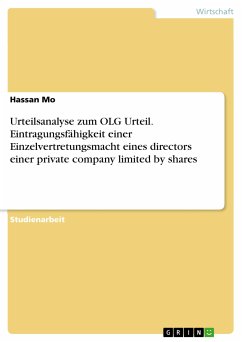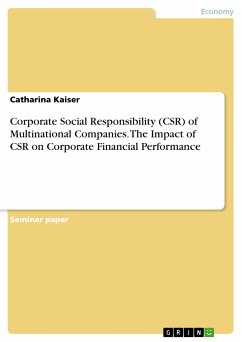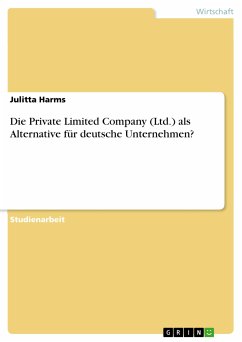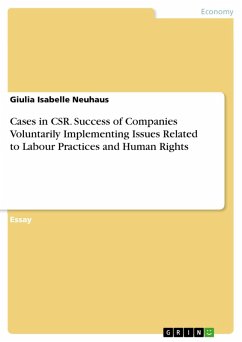Master's Thesis from the year 2020 in the subject Engineering - Industrial Engineering and Management, grade: 3.11, Coventry University (Faculty of Engineering, Environment and Computing), course: Master of Science in Oil and Gas Management, language: English, abstract: Petroleum price regulation was implemented in Ghana with the ratification of the National Petroleum Authority Act, 2005 [Act 691] that further established the National Petroleum Authority (NPA) as the regulator for the downstream petroleum industry whose key directive is to control, supervise and oversee the operations of the industry and to create a Unified Petroleum Price Fund (UPPF) for price unification in the industry. This transpired against the context of a time-frame in which petroleum products were imported, marketed and priced under state control. The study's findings showed that the financial performance of the OMCs which was measured using ROE was higher during the period of price regulation between 2013 and mid-2015 (June 2015) compared to the deregulation periods (i.e. mid-2015 to 2019). However, the OMCs' gross sales have dramatically appreciated relative to the regulatory era during the deregulation phase. The study recommends refinement of the pricing methods to ensure that it accommodates and addresses the issues posed by major downstream industry stakeholders in order to ensure the sustainability of the margins of the sector and thereby improve the financial and overall operational efficiency of which is expected to have a trickle-down effect on the economy.
Dieser Download kann aus rechtlichen Gründen nur mit Rechnungsadresse in A, B, BG, CY, CZ, D, DK, EW, E, FIN, F, GR, HR, H, IRL, I, LT, L, LR, M, NL, PL, P, R, S, SLO, SK ausgeliefert werden.

